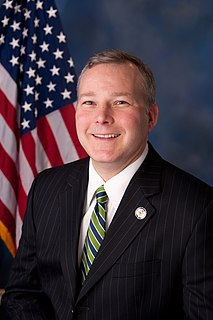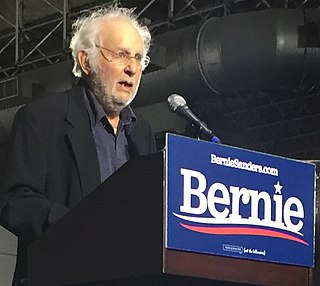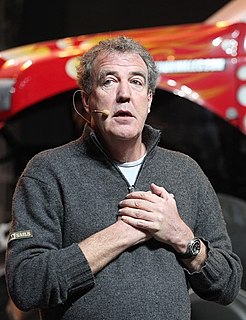A Quote by Tim Griffin
There are people who own cars and are getting free cell phones. A car helps one find a job, too. Where do you draw the line?
Related Quotes
Most Americans living below the official poverty line own a car or truck - and government entitlement programs seldom provide cars and trucks. Most people living below the official poverty line also have air conditioning, color television, and a microwave oven - and these too are not usually handed out by government entitlement programs.
Cell phones and other electronic devices are by no means unheard of in low-income neighborhoods, where children would supposedly go hungry if there were no school-lunch programs. In reality, low-income people are overweight more often than other Americans.
One metaphor for how we are living is that you see so may people with cell phones. In restaurants, walking, they have cell phones clamped to their to heads. When they are on their cell phones they are not where their bodies are...they are somewhere else in hyperspace. They are not grounded. We have become disembodied. By being always somewhere else we are nowhere.
The cell phone has transformed public places into giant phone-a-thons in which callers exist within narcissistic cocoons of private conversations. Like faxes, computer modems and other modern gadgets that have clogged out lives with phony urgency, cell phones represent the 20th Century's escalation of imaginary need. We didn't need cell phones until we had them. Clearly, cell phones cause not only a breakdown of courtesy, but the atrophy of basic skills.
That’s nice of you, but it’s not necessary to loan me a car.” “I loan you cars all the time.” “And I almost always destroy them or lose them. I have terrible luck with cars.” “Working at Rangeman is a high-stress job, and you’re one of our few sources of comic relief. I give you a car and my men start a pool on how long it will take you to trash it. You’re a line item in my budget under entertainment.
Nowhere in politics is there such a mismatch between public and private realm as in transport. Everyone on the M6 last weekend would have agreed with Transport Minister Alasdair Darling's reported hatred of cars. They too wanted drivers off the roads and on to public transport. Go to it, Mr Darling, they cried in unison, get rid of all those cars. Except, of course, their own. Other people's cars are traffic. My car is the outward essence of my being. It is my hat, stick and cane. It embodies my freedom as a citizen and my right as a democrat. My car is my soul in flight.
It’s what non-car people don’t get. They see all cars as just a ton and a half, two tons of wires, glass, metal, and rubber, and that’s all they see. People like you or I know we have an unshakable belief that cars are living entities… You can develop a relationship with a car and that’s what non-car people don’t get… When something has foibles and won’t handle properly, that gives it a particularly human quality because it makes mistakes, and that’s how you can build a relationship with a car that other people won’t get.
I grew up in Texas, and people love their American-made muscle cars there. I grew up around people who loved cars and took care of cars and my dad's a big car nut, so I learned a little bit about cars - how to love them, most importantly. I think that from the time I could remember, I've always envisioned myself in a vintage muscle car.


































